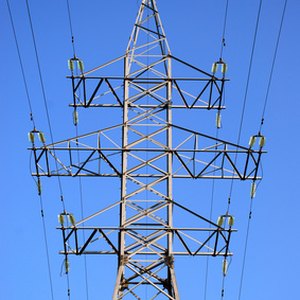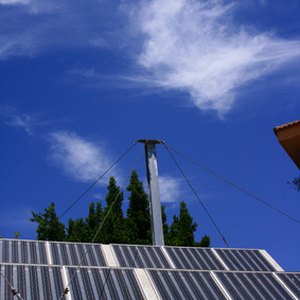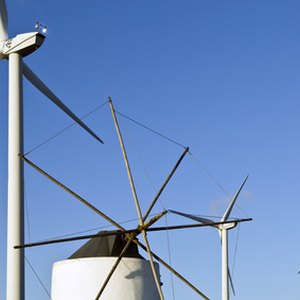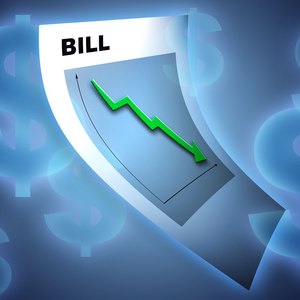
Tips
Talk to potential contractors about your project; they'll have unique information about the local funding options that you may not find elsewhere.
Talk to any friends or family who have undertaken similar projects. They will have insight into what you're doing.
Warnings
You need patience to apply for and win grants. You might not win the first one. But give it two or three good attempts, and you are much more likely to win the money you need.
Read the grant carefully and apply accordingly.
Finding grants for sustainable living projects isn't difficult. Numerous organizations exist that support such endeavors, among them schools, private foundations and government grants. Depending on what type of project you want to pursue and what you want to do with it, there a number of options. The two most important things to have are an actionable plan that you can propose to potential grantors, including cost estimates and an idea of who potential grant givers are, and knowledge about previous grants.
Developing the Project

Investigate. The U.S. Department of Energy has detailed maps illustrating the power-generating potential of U.S. regions for the production of solar, wind, geothermal and hydroelectric power (separate for each type). Also research local sunrise and sunset information and weather patterns. Use this information to identify the best energy source at your location.
Photovoltaics are suitable for most any location in the U.S. But parts of Arizona, California, Nevada, New Mexico and Texas get the most direct sunlight—an average of 7 to 8 kWh/m2 per day. The best places to develop wind resources in the U.S. are along the East and West coasts and in the Midwest plains.

Once you’ve researched the best technology to meet your sustainability needs, learn how much energy you will need. Keep in mind the average U.S. home used about 936 kilowatt hours (kW/H) in 2007, according to the DOE.

Review your energy bills to see how much you actually are using. If you can reduce power consumption by switching to more efficient appliances and lighting, do this first.

Determine how much your project will cost. Alternative energy associations like the American Wind Energy Association and the American Solar Energy Society have great resources for small energy installations to help you figure costs out.
Finding and Applying for Grants
Some extensive grant resources for small sustainable projects are DSIRE, the Database of State Incentives for Renewable Energy, and the Economic Development Directory. DSIRE allows you to find what opportunities are specific to your state and particularly focused on what you want to do. The Development Directory links to opportunities in each state, including state commerce departments and economic development offices that generally have information about granting bodies in each state.

Research the grant. The best way to get a grant is to know what types of grants the organization has gifted in the past. Make sure your project fits what they support. A great resource for researching granting authorities' histories is the Foundation Center. The center has a vast amount of information about grants, the grant-writing process and potential funders to help applicants write a winning grant, available for free on its website. Its "Foundation Directory Online" subscription service allows grant seekers to review the history of the grant and the grantor, including who won previous grants and what the grant was used to fund. The subscription service starts at $19.95 a month (as of January 2010).

Determine what the best three or four options for your project are. Using your project plan and your knowledge of the grants, write up proposals for each one. And make sure you submit the application before the deadline.
References
Resources
Writer Bio
Chris Meehan is an experienced writer and editor with more than nine years of professional experience. He served as a managing editor, covering green (sustainability) projects at colleges and universities, wrote specialized business-to-business newsletters, Google- and Bing-topping SEO (search-engine-optimized) Web content and communications materials for numerous organizations, both for-profit and non-profit.

